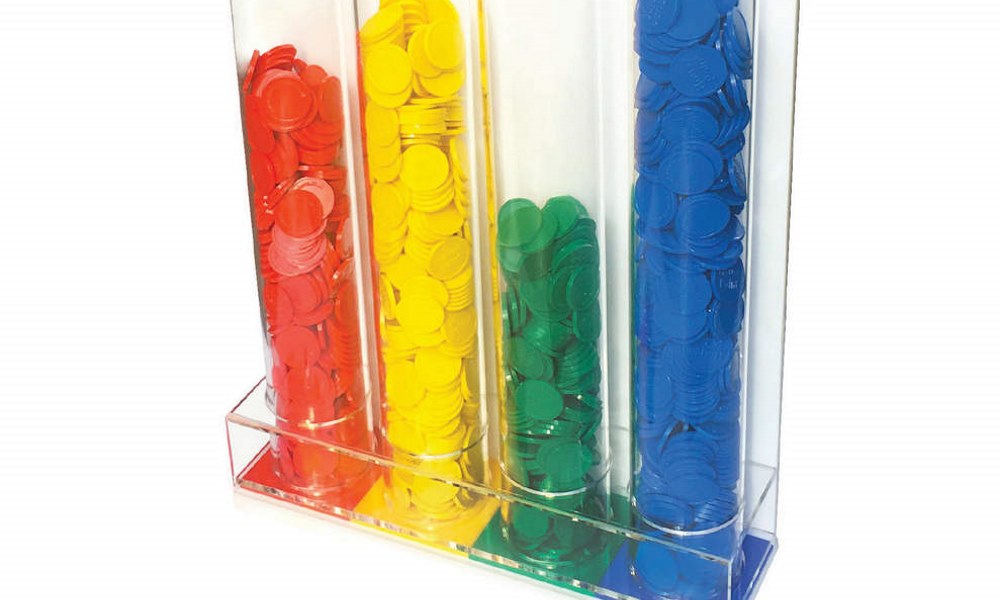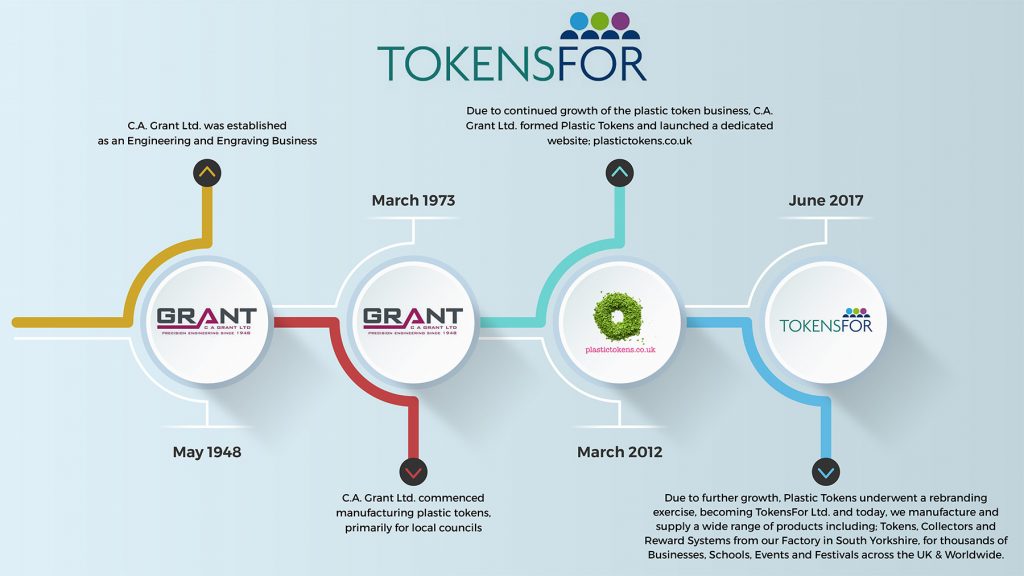
Creating a positive classroom environment benefits both pupils and teachers alike. Incentivising pupils through the use of reward systems supports the development of good behaviour for learning, enabling teachers to create the conditions for a stimulating learning environment. This can in turn increase the opportunities for productive teaching providing greater job satisfaction, reduced stress and ultimately improved recruitment and retention.
The following post will examine some of the ways a reward-based system can be used within the classroom and the effect that more effective behaviour for learning can have on the learning environment.

Promoting Effective Behaviour for Learning
Schools use a varied toolkit of strategies to create the best conditions for learning. As part of this toolkit, many schools use stamps and merit points to reward both educational achievements and good behaviour for learning.
The effects on pupils that can be achieved through the use of such systems include:
More effective behaviour for learning
Pupils respond well to rewards by appropriately modifying their behaviour for learning.
Greater motivation in day-to-day tasks
Teachers will observe a boost in the engagement and involvement of pupils in classroom activities and academic learning, with the system promoting ‘observational learning’ from the peers of those pupils who have been rewarded.
Pride in achievement
Simple rewards produce a sense of achievement among pupils, which creates a positive learning environment, increasing pupil motivation and well-being. This translates into more effective learning.
Increased confidence
Even small successes boost self-confidence. A pupil whose self-esteem is growing becomes more willing to aim for higher results and accomplishments. They are more likely to exhibit a growth mindset rather than a fixed mindset, boosting their capacity to learn.
Better academic results
Ultimately, these small successes will feed back into a pupil’s willingness to learn. This translates into measurable improvements in both behaviour and academic results.
The House Point System
The ‘house point’ system used in many UK schools is one popular form of reward system. This sees pupils separated into different ‘houses’ and allowed to ‘compete’ in order to win the most points for their given house. The rewards on offer can be as simple as the pride and prestige of coming top, or teachers may offer actual benefits for pupils in the winning house, such as a choice of reading material or free time.
How the house system works
- The teacher has a tangible reward system, such as tokens or stamps, which are awarded to pupils who exhibit certain target behaviours. These target behaviours are designated by the teacher and can range from acts of politeness and kindness to exceptional effort or notable achievements.
- The points accumulate on stamp cards or within special token collectors for each house, with the individual achievement of the pupils also recorded.
- Pupils may be rewarded for achieving a clearly set number of house points. These may include:
- computer time
- small toys
- being first to line up for break
- privileges tailored to the interest of the pupil concerned
- handing out text books, etc.
- The overall points for each house are collated, and the house with the most points wins a special prize. These can include:
- certificates
- medals
- extra time at break
- rewards tailored to the interests of the pupils involved
Systems such as these as part of a wider behaviour management policy help to reinforce good behaviour for learning and to promote key values of such as cooperation and responsibility.
Key factors for a successful reward system
The following table describes the three significant elements needed for a classroom reward programme:
| Term |
Description |
Example |
| Target behaviours |
The specific attitudes and behaviours you wish to reward your pupils for exhibiting. |
Asking to talk without interrupting others, keeping on task for a target time period, being well prepared and settling quickly at the beginning of an activity, moving between activities without delay, following specific class rules. |
| Token reinforcers |
Small items that can be given out by the educator as ‘merit points’ and ultimately traded in, either for house points or to gain a tangible reward, such as a pencil. |
Tokens, badges, stars, tickets or plastic coins. |
| Terminal reinforcers |
Items or activities that pupils are given access to as a reward for achieving a clearly set number of merit points. |
Computer time, small toys, passing out books, being in charge of sharing time. |
For a reward system to work effectively, educators must first explain the process to pupils in a clear and comprehensive manner. If the system is not clear to pupils, or the educator is seen to deviate from the stated rules for how pupils are rewarded, the children will lose confidence in the system and respond less frequently to the incentives.
To ensure consistency, educators must do the following:
- set clear goals, i.e. the behaviours you wish to see
- explain how the reward system works to the children, including the amount of tokens that are required to achieve a privilege
- be vigilant of behaviour that requires reward
- be consistent about the behaviour that elicits a reward
The Benefits to Teachers
When looking at the benefits of such systems it’s easy to focus solely on the pupils. However, within a teaching environment, the health and psychological wellbeing of the educator is another crucial factor.
Poor behaviour for learning in the classroom has consequences that can negatively impact the teacher. The most notable of these are:
- lost teaching time
- drop in teacher job satisfaction
- poor teacher recruitment and retention
- teacher stress and mental health

Lost teaching time
Maintaining order in the classroom is thought to take up 8–18% of lesson time. A survey by the National Association of Schoolmasters Union of Women Teachers (NASWUT) found that this equates to around 30 minutes per teacher per day in UK primary schools.
Reduced job satisfaction
Issues such as classroom noise, interruptions, and pupil behaviour can have a detrimental effect on teacher job satisfaction. A 2007 study by Klassen and Anderson (2009) found that ‘pupil behaviour’ ranked second out 16 examples of job dissatisfaction. The only other factor ranked higher was ‘more time needed’.
Poor job satisfaction can impact not only on teacher mental health but also on teacher retention.
Poor teacher recruitment and retention
Almost one in three primary school teachers cite pupil behaviour as one of the main factors at work that they find demotivating, according to the General Teaching Council.
An inability to manage behaviour to create an effective learning environment is a factor in retaining teachers.in the profession. Equally, recruitment to the profession is in crisis and concerns about pupil behaviour is one of the barriers for individuals considering teaching as a profession. Consistency in staffing is a key factor in creating the best conditions for learning so supporting individuals to come into teaching and to stay in teaching is essential.
Teacher stress and mental health
Dealing with disruptive pupils can also dramatically increase stress at work. According to the Association of Teachers and Lecturers (ATL), 34% of teachers have claimed that poor pupil behaviour has directly led to mental health problems, with almost one in 10 teachers taking time off due to the stress of dealing with such behaviour. Classroom issues of this sort naturally result in an overall drop in teacher confidence, directly impacting on a teacher’s ability to effectively carry out their job.
Providing teachers with clear systems to manage behaviour with appropriate training and support as part of a wider toolkit and behaviour policy creates the conditions for an ordered, safe and productive learning environment. This is a great place to learn and a great place to teach.
Reward systems can provide an enjoyable and interesting motivation for pupils in primary schools. Their use can also improve the wellbeing of teachers, leading to an overall boost for the classroom learning environment, benefitting both pupil attainment and teacher job satisfaction.









